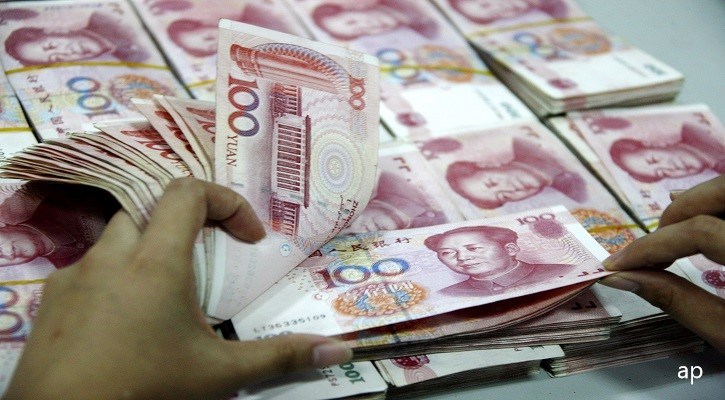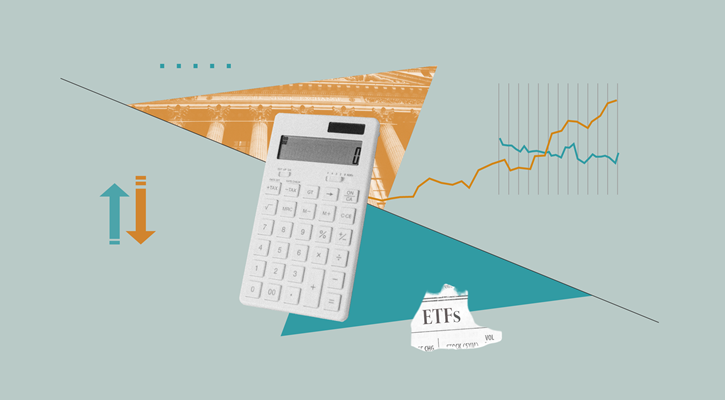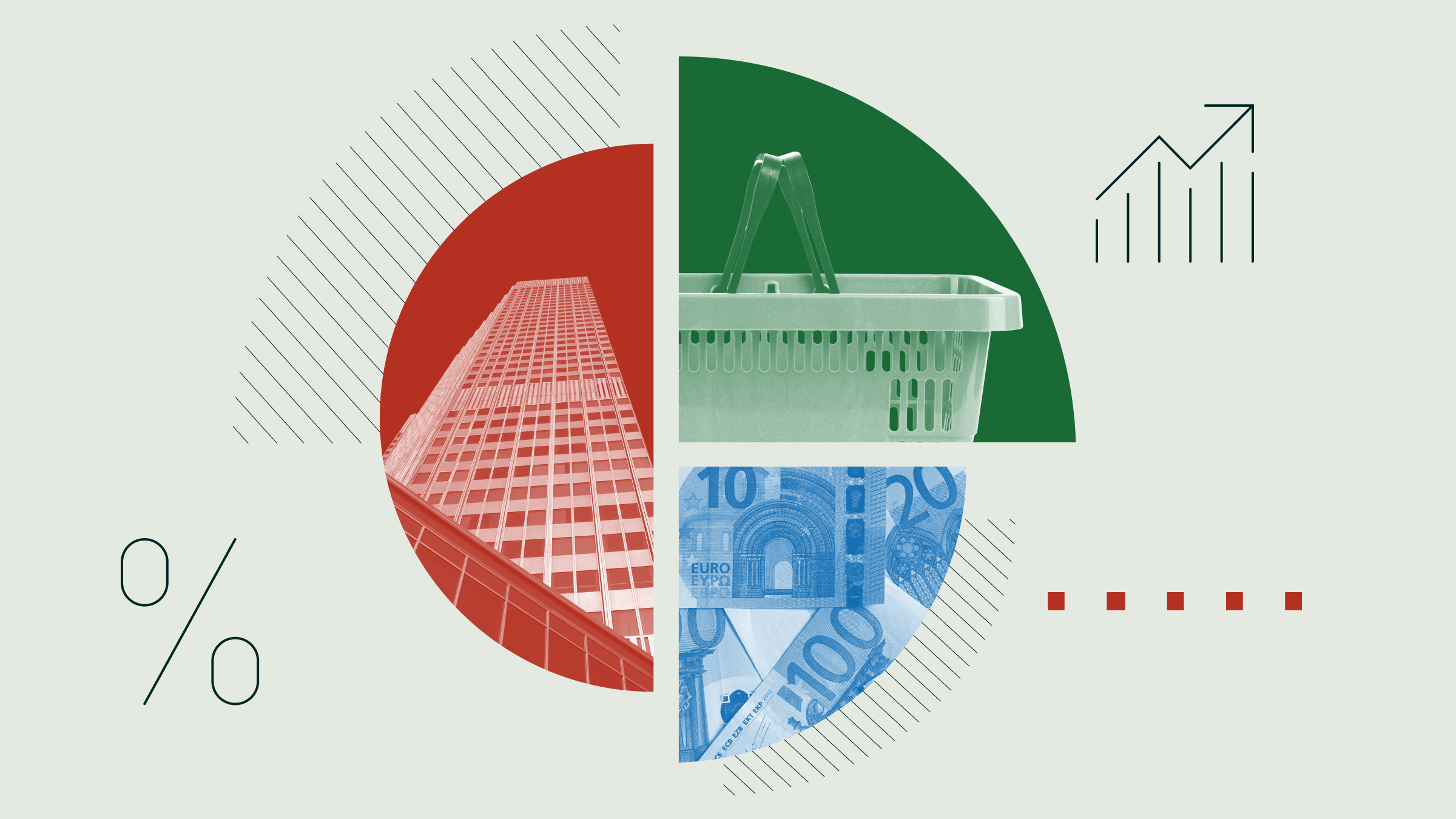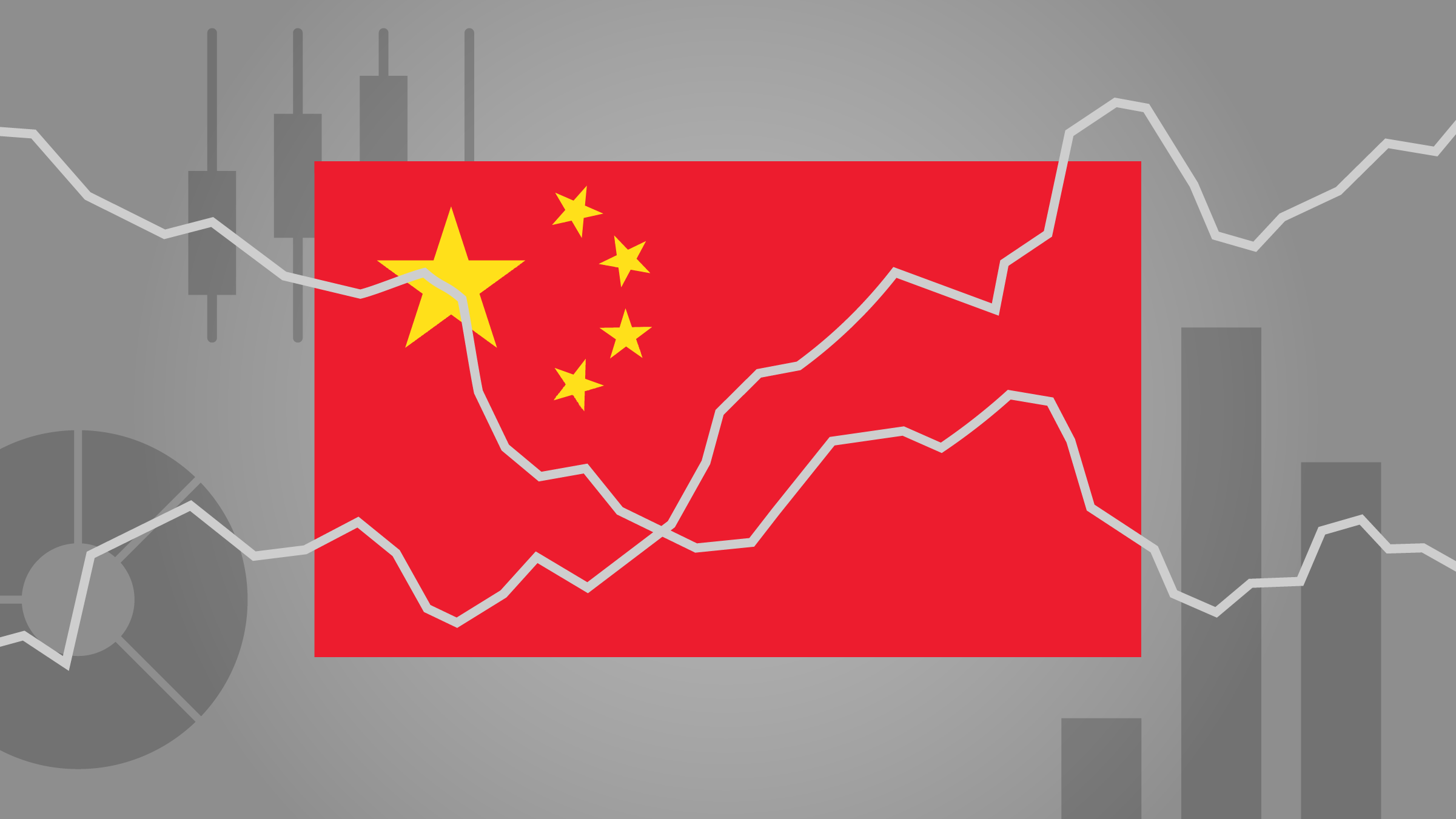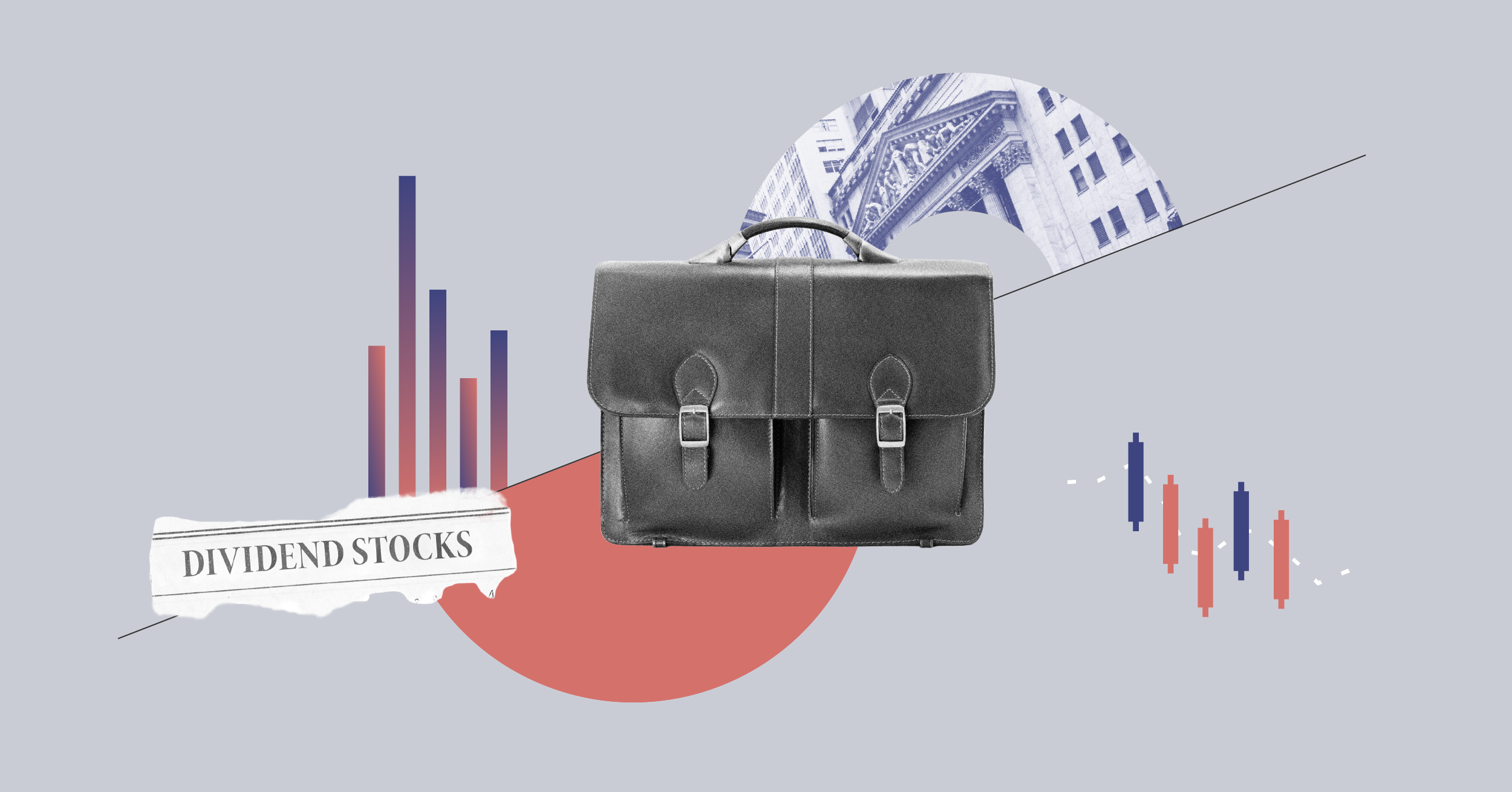Holly Black: Welcome to Morningstar. I'm Holly Black. With me is Jackie Choy. He is Director of ETF Research at Morningstar Asia. Hello.
Jackie Choy: Hi, Holly. Thanks for having me.
Black: So, all eyes are on the US at the moment, but you've been looking at the region for slightly different reasons. What have you been looking into?
Choy: One of the key item that has been going on in the region is about the US executive order, which all started on 12th of November last year, which was just over two months ago when the then US President, Donald Trump, signed an executive order to ban US persons from buying companies with ties to the Chinese military. And at that time 31 companies were included in the list and the order would become effective on 11th January 2021 and investors have until 11th of November 2021 to divest from those sanctioned companies.
Well, since the signing of the executive order the interpretation by various parties was fairly unclear. For the ETF industry the key questions were like who is subject to the executive order, the US funds or the US fund managers? What about the rest of the world? And which stocks are subject to the executive order? Are the subsidiaries included? Will the index providers too? So, there also some questions. And shortly after the executive order was signed, the index providers, international index providers, are with the likes of MSCI, FTSE Russell, S&P Dow Jones launched quick conversations with their clients to seek feedback. And in December the index providers announced their conclusions. And generally, they took a very similar approach to exclude the stocks which were exclusively explicitly named in the Department of Defense sanction list. So, that's what started all the sort of drama in the ETF world in respect to the indices.
Black: So, investors might think, oh, that has nothing to do with my portfolio. But actually, if you own a China or Asia ETF, it might very well do because some of the companies that you were interested in and wanted exposure to might now not be in that ETF that you hold. Is that correct?
Choy: Well, that's correct. So, for the international index providers, they excluded these sanctioned stocks. So, for now, these stocks only are – they are around like 31 – there were 31 companies at the start and now extends to 45 companies. And what's important is that the exposure or weights within these indices are currently pretty small, around like 1%, 2%, 3% depending on which sort of index you're looking into. So, for like a diversified portfolio, if you're looking at a global portfolio, your exposure would probably be very small when you're looking at these deleted stocks.
Black: So, is there any chance that with a new US President now in place this order could be reversed?
Choy: Well, that's the million-dollar question. So, let's stay tuned and see what happens.
Black: Okay. So, for now, could you just run us through a couple of the better-known companies that are on that sanction list in case investors are wondering if it does affect their holdings?
Choy: Well, some of them are more controversial because like if you looked at the news, late last year and the beginning of year, New York Exchange, actually delisted some of the ADRs of three Chinese cellphones. One of them is China Mobile, which is a bigger weighted company within some of the Chinese indices. Within the MSCI China Index, the weight is about just over 1%. So, if you look at the other stocks, so we think A-share companies, there are some stocks which are around like 1% as well. So, investors should take a look at their exposure to see if there are any companies that they would like to invest and not be included and whether or not that would be a big enough portion that would affect their investment decision.
Black: Jackie, thank you so much for your time. For Morningstar, I'm Holly Black.





